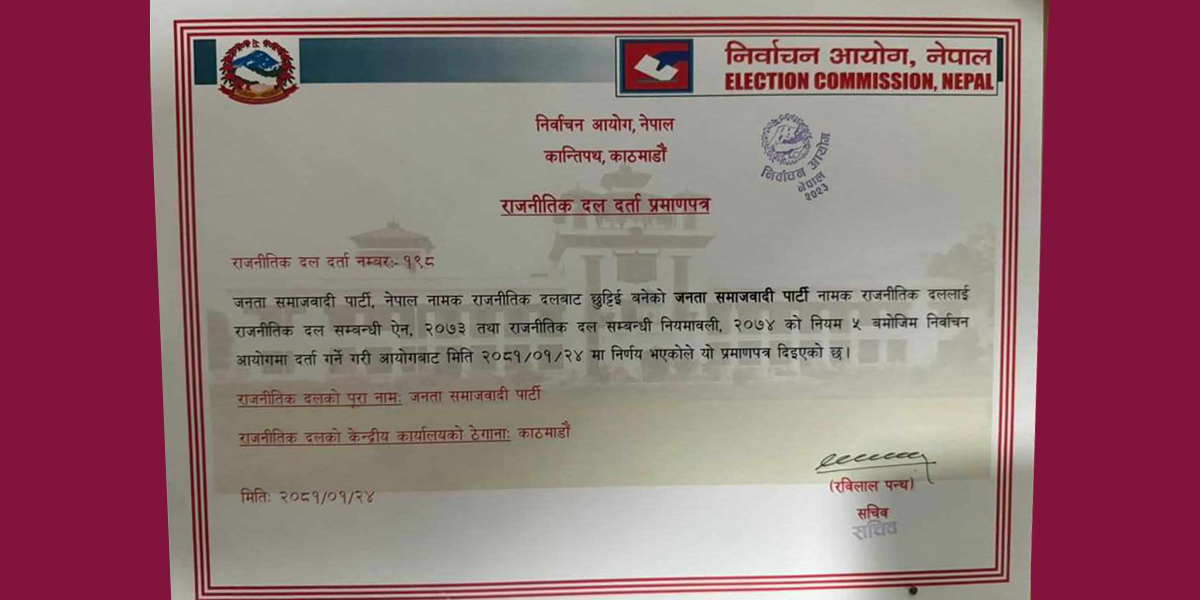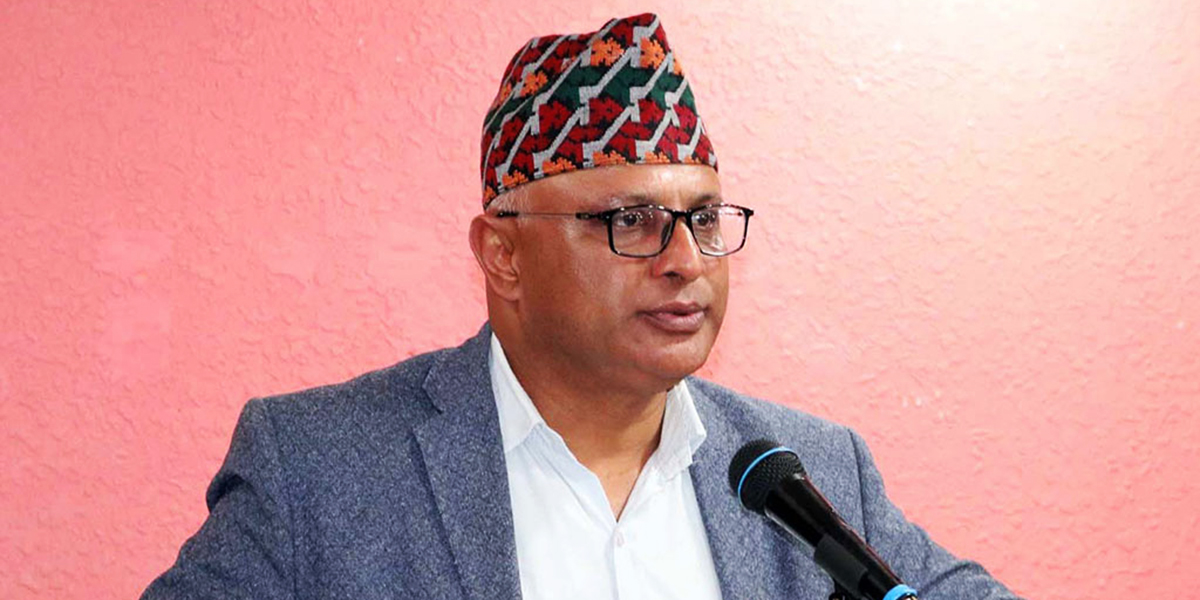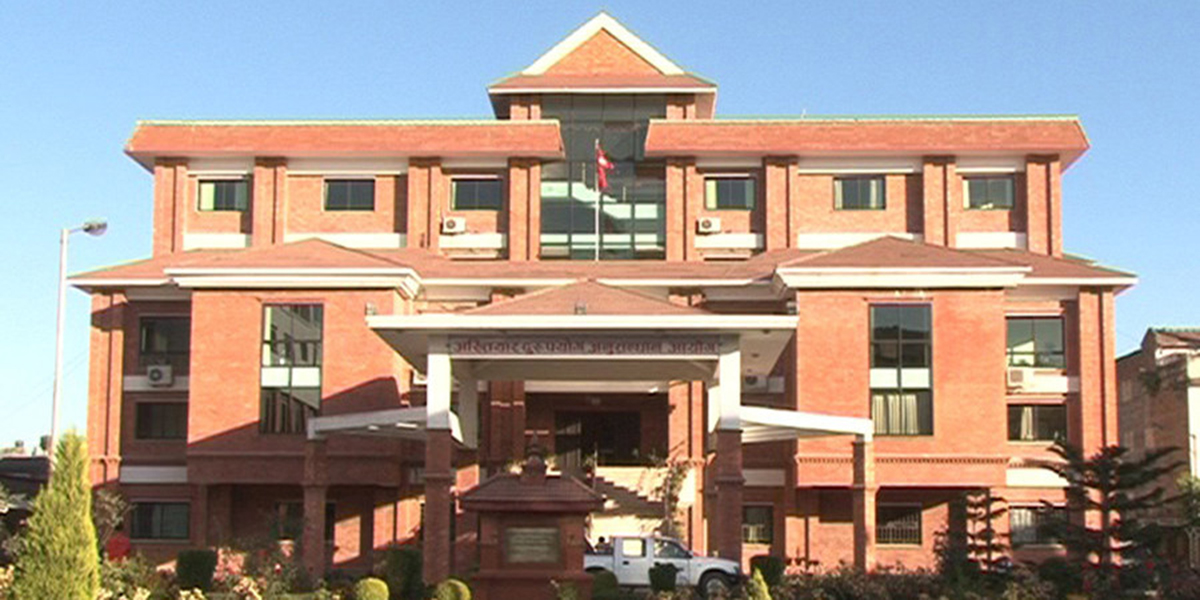
KATHMANDU: The parliament is in the process of passing a new law that will expand the scope of the Commission for the Investigation of Abuse of Authority (CIAA) to investigate irregularities in the private sector as well.
On March 10, the Nepal Assembly approved the CIAA (Third Amendment) Bill, 2020, and forwarded it to the House of Representatives for consideration. The proposed legislation classifies banks and financial institutions, insurance companies, medical colleges and affiliated hospitals, and universities and colleges as public offices. If the Bill is passed by the House of Representatives, the CIAA will have the authority to investigate public limited companies.
Several members of the lower house, including Arzoo Rana, Ramhari Khatiwada, and Shyam Ghimire of Nepali Congress, Prem Lal Maharjan of CPN-UML, Sumana Shrestha of Rastriya Swatantra Party, and Rajendra Pandey of CPN (Unified Socialist), have registered their amendment proposals on the Bill.
NC lawmaker Khatiwada expressed concerns about the CIAA’s potential overreach, stating that not all sectors should be subjected to the same level of scrutiny. “The highhandedness of CIAA is already causing delays in public services and affecting work efficiency of government offices. If the anti-graft body is given a free hand to look into the private sector, everything will be in a mess,” Khatiwada remarked. “Therefore, the Bill needs to be amended.”
In addition to lawmakers, private sector representative bodies have also opposed the Bill. The Federation of Nepalese Chambers of Commerce and Industry (FNCCI), Confederation of Nepalese Industries (CNI), and Nepal Chamber of Commerce (NCC) issued a joint statement on Monday expressing their concerns about the Bill’s impact on the private sector. The statement emphasized that such measures could discourage the private sector.
FNCCI President Chandra Prasad Dhakal strongly opposed the preparation to bring the private sector under the ambit of the CIAA, stating that it could discourage both domestic and foreign investment. “If we start indiscriminately scrutinizing the private sector, it will negatively impact productivity and the economy,” he added.
Business leaders have already met with Prime Minister Pushpa Kamal Dahal, Minister for Finance Dr Prakash Sharan Mahat, and senior leaders of major political parties to voice their concerns about the bill. The leaders have reassured the business community that the private sector will not be brought under the scope of the CIAA.
The private sector is the main driver of the country’s economy. About 80% of the total employment is with the private sector, while it plays a significant role in the country’s productivity and revenue generation.
There are already over a dozen agencies that regulate the private sector in Nepal. Nepal Rastra Bank (NRB) regulates banks and financial institutions, while the Center for Education and Human Resources Development is responsible for regulating universities and educational institutions. The National Medical Council regulates hospitals and health institutions, and the Nepal Insurance Authority is in charge of the insurance sector, among others. In addition, there are more than a dozen other regulatory agencies, such as the Department of Money Laundering Investigation and the Department of Revenue Investigation, which oversee the private sector as a whole. With so many existing regulatory bodies in place, many argue that the CIAA’s involvement in regulating the private sector is unnecessary and could lead to negative consequences for the economy.
The private sector requires encouragement, efficient administrative services, good governance, and a business-friendly environment to thrive. Parliamentarians have themselves expressed concerns that bringing the private sector under the purview of the CIAA could result in decreased productivity, increased complexity in foreign investment processes, and discourage private sector growth.
“The bill should be amended. Otherwise, it will have an adverse impact on the development and expansion of the economy,” said Khatiwada.
CIAA’s questionable role
CIAA has faced criticism for targeting lower-level employees and leaders while leaving the main culprits in high-profile corruption cases untouched. Its practice of seeking its ‘share’ from every public transaction, from contracting to development, has also been widely criticized. This unnecessary interference has created a climate of fear among government employees, who are hesitant to make important decisions. As a result, the speed and agility of policy implementation have been adversely affected.
“If people in the private sector also become hesitant to make decisions like the government officials, this sector as well will collapse,” warned FNCCI President Dhakal.
Nepal has been consistently ranked as one of the most corrupt countries in the world. It ranked 110th in Transparency International’s Corruption Perceptions Index (CPI) 2022 with a score of 34 points. If the CIAA’s role had been fair and effective, the corruption rate wouldn’t be this high.
Experts are concerned that the agency, which has been ineffective in intervening against corruption in public bodies, would only bring distortions if invited into the private sector.
“The Bill can encourage ‘give and take’ in the private sector like in the public sector,” Khatiwada said. “The CIAA should remain within its jurisdiction and should not have other interests.”



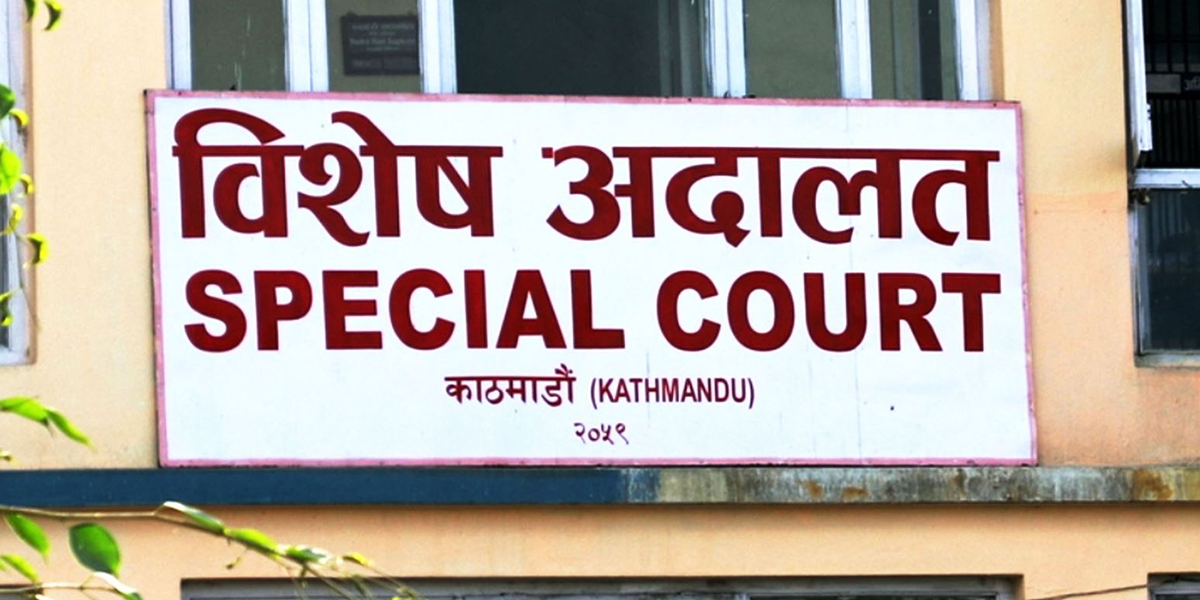
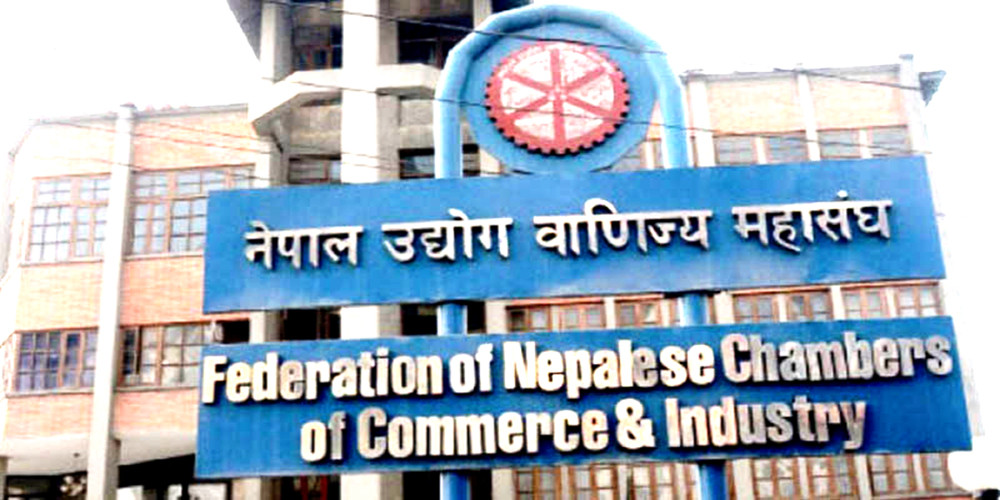
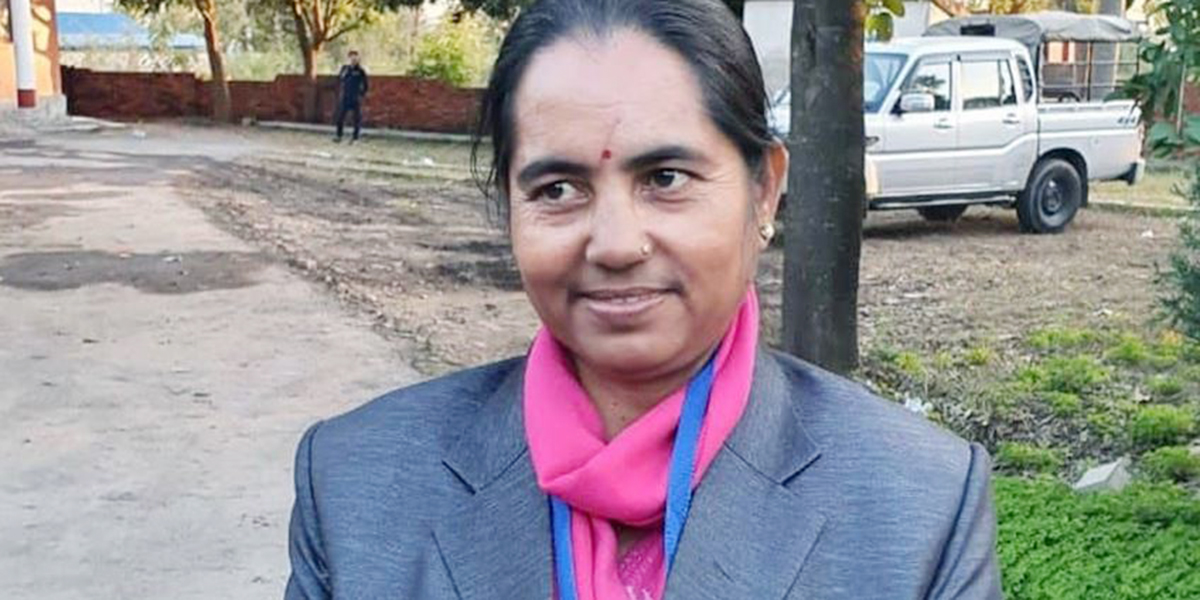
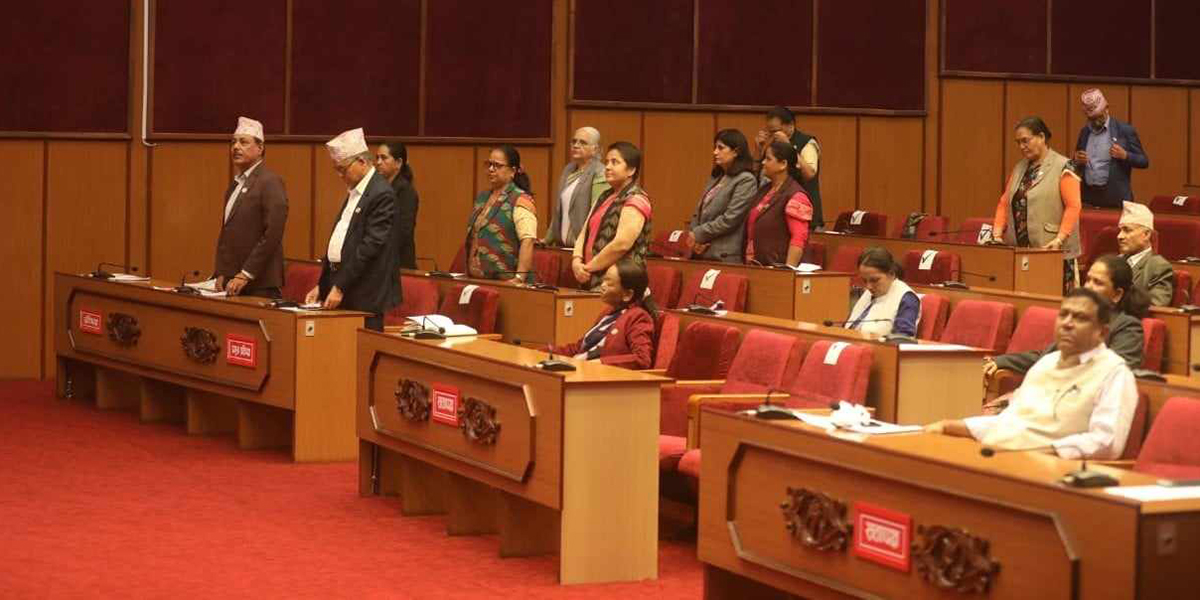

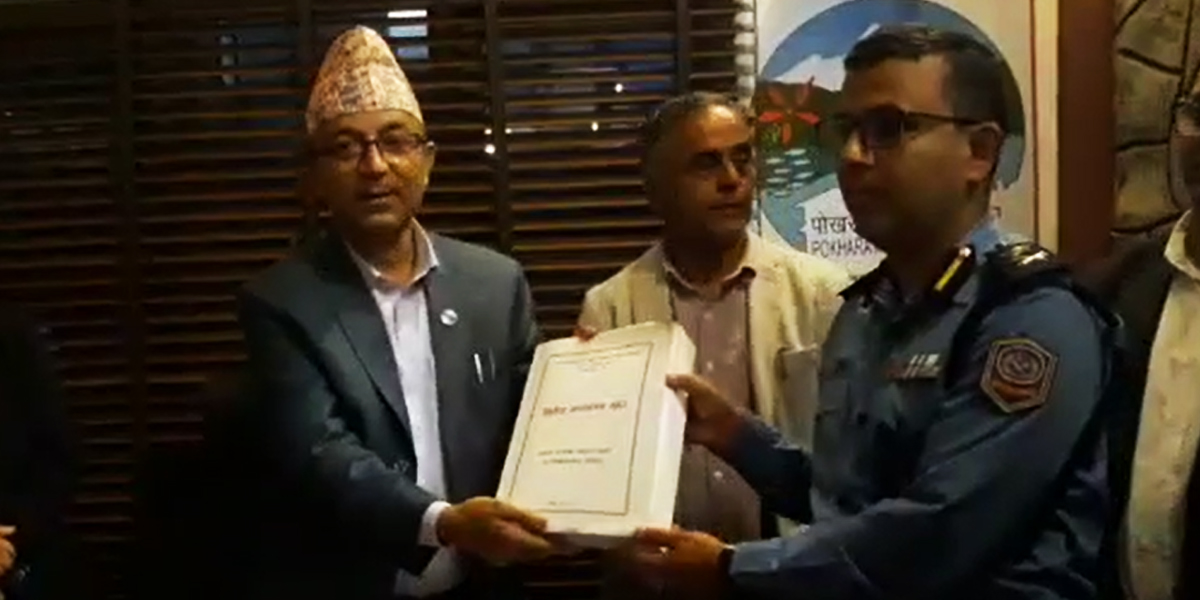
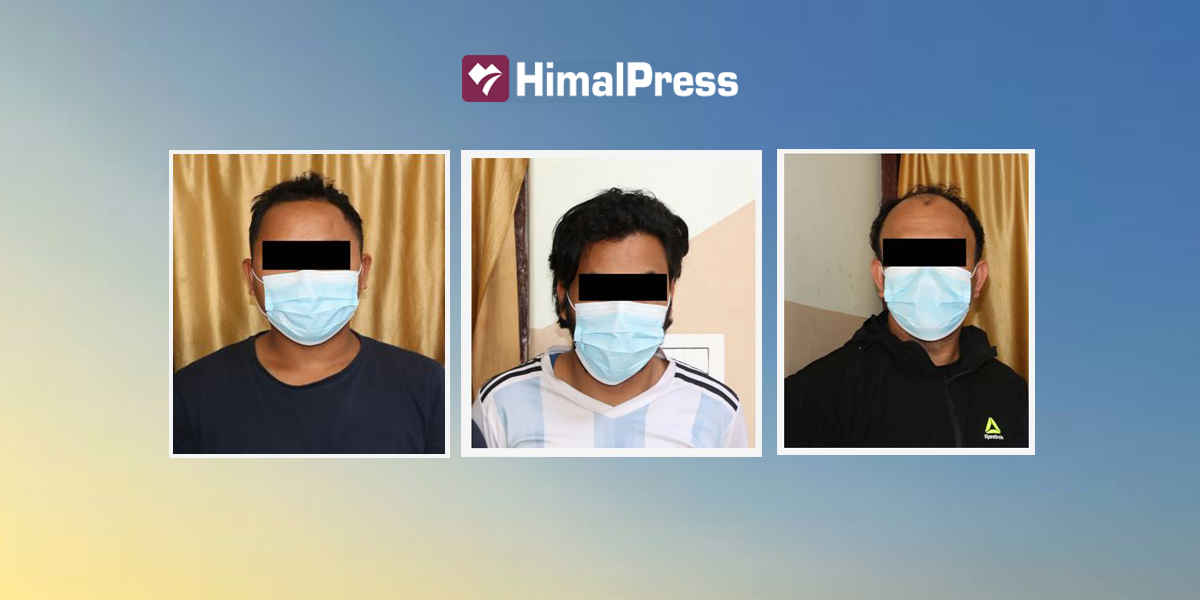
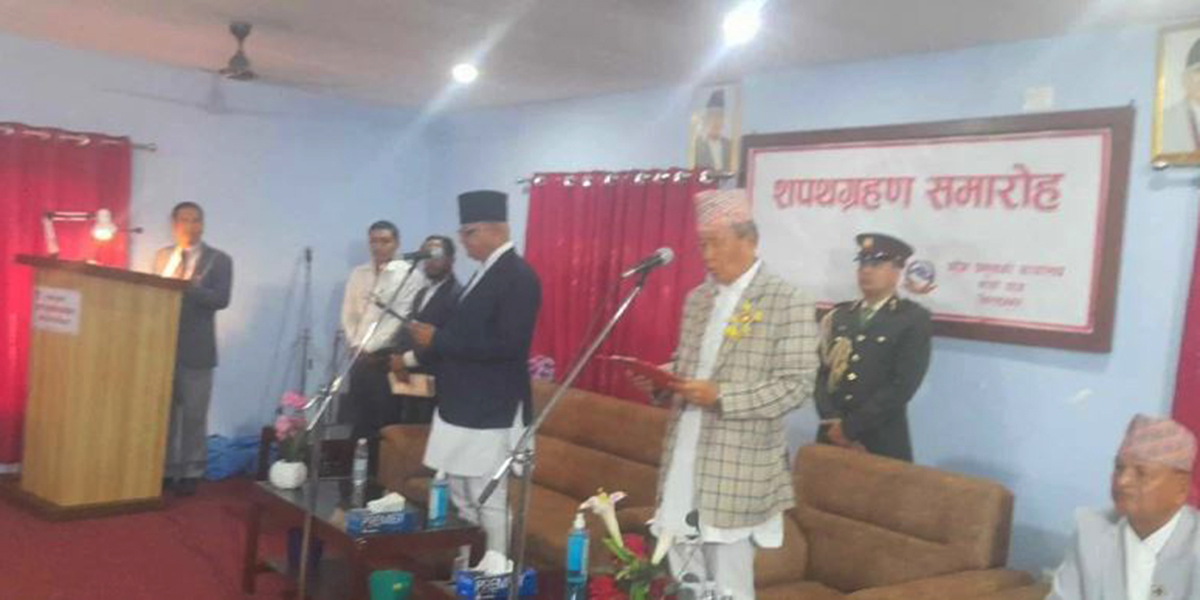

![International Industrial Trade Fair underway in Kathmandu [In Pictures]](https://en.himalpress.com/wp-content/uploads/2024/05/mela-2.jpg)




